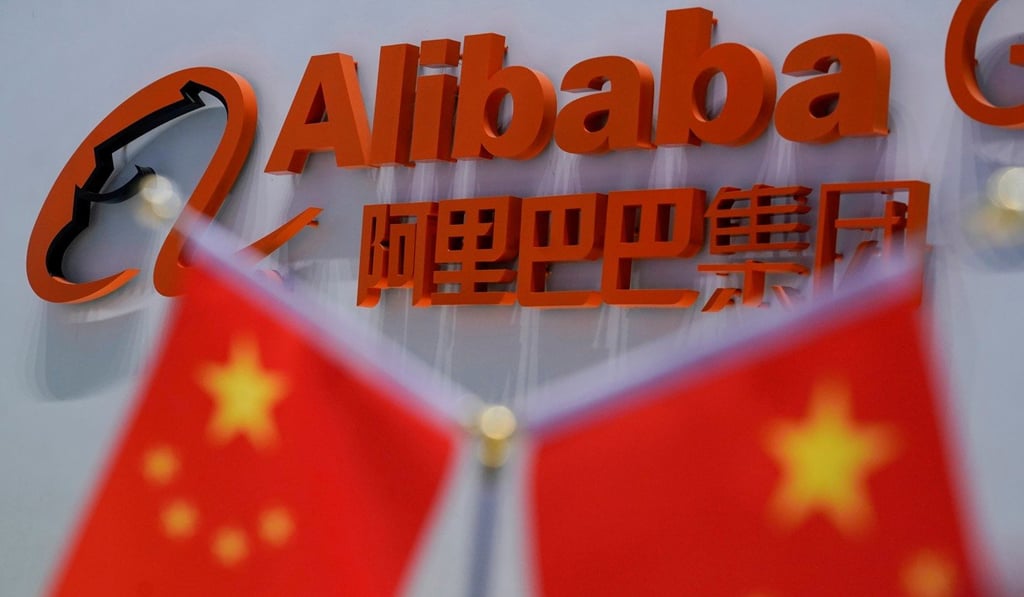The value of the top 10 private companies in Communist Party’s China rose eightfold in past decade as sector drives growth
- Alibaba, Tencent, Ping An Insurance, Huawei and Ant Financial are five most valuable companies, Hurun says in inaugural report
- Top 500 private companies are worth US$5 trillion, surpassing the size of Germany’s economy based on IMF data

China’s 10 largest companies have grown eight-fold in value over the past decade, according to an inaugural Hurun Research Institute report, shedding light on a sector that contributes half of the nation’s tax receipts and 80 per cent of jobs.
The 10, led by e-commerce behemoth Alibaba Group Holding, were valued a combined US$1.8 trillion, a size that would rank them as the 10th largest by gross domestic product surpassing Canada, were they an economic entity, based on International Monetary Fund data. The snapshot comes from an inaugural list of 500 most valuable private companies released by Hurun on Thursday, and based on data up to November 2019.
Alibaba (US$545 billion), Tencent Holdings (US$408 billion), Ping An Insurance (US$215 billion) are the top trio. Huawei, the subject of US security scrutiny over alleged embedded spyware in its telecoms systems, was ranked fourth, with a valuation of US$172 billion while Alibaba’s unlisted affiliate Ant Financial came in fifth at an estimated US$143 billion.
Alibaba owns the South China Morning Post.

The top 10 firms had a combined value of US$700 billion five years ago, and US$215 billion ten years ago. The Hurun list of 500 are based on non-state controlled entities with headquarters in mainland China and command at least US$2 billion in value.